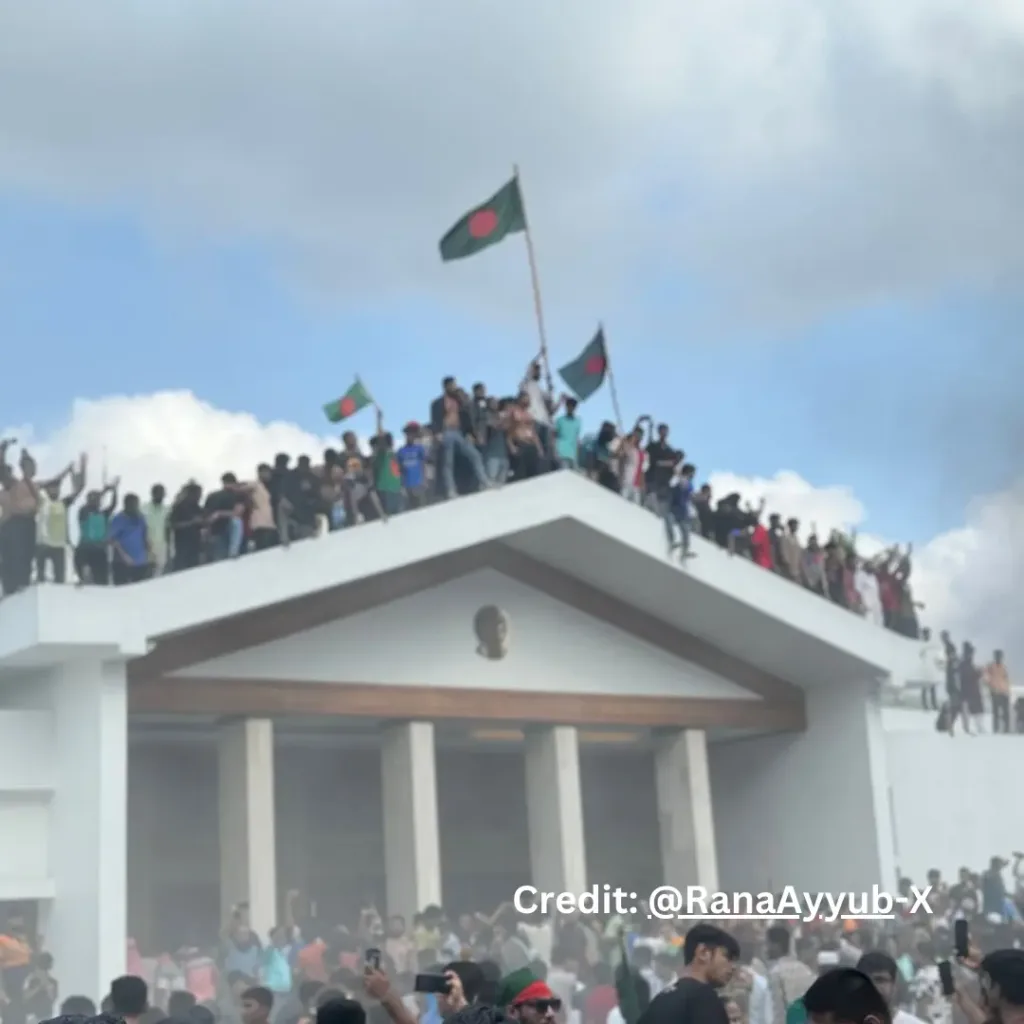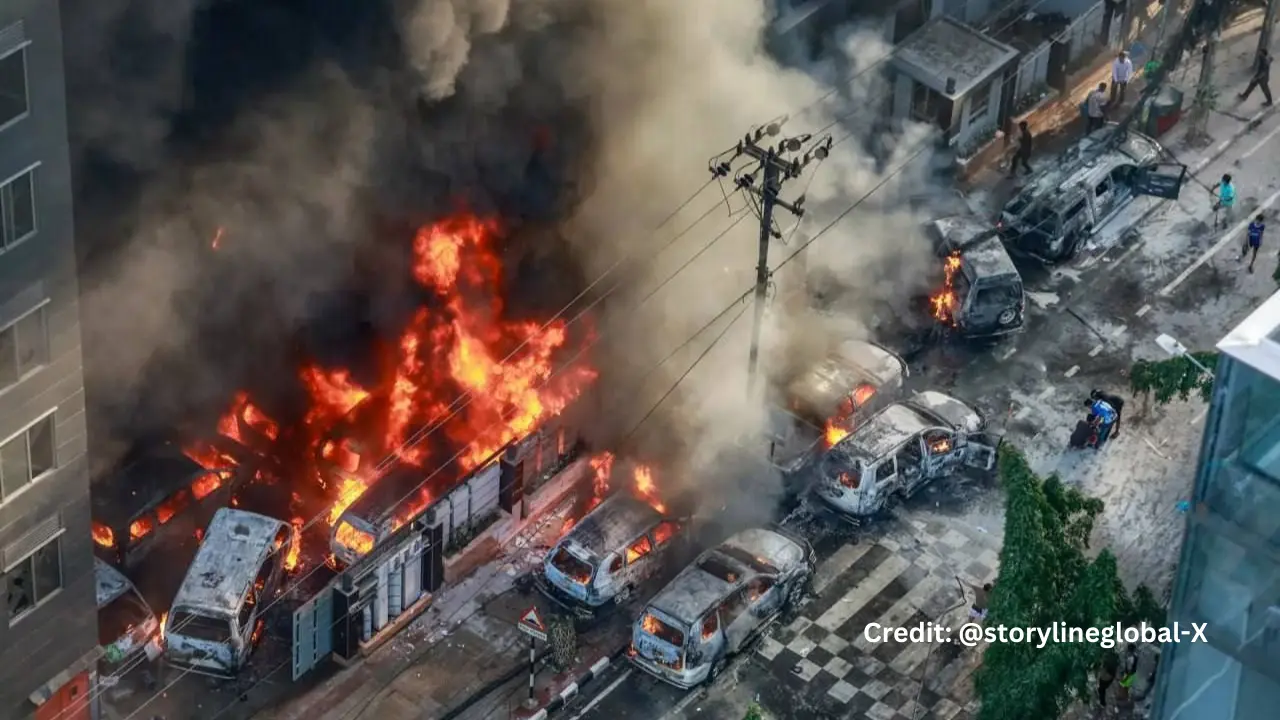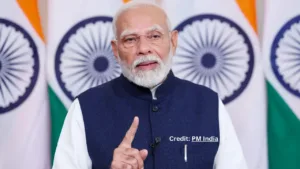
Long History of Coups in Bangladesh:

Bangladesh has been through a tumultuous political journey that witnessed several military coups and political crises; this not only underscores the importance of political stability but also highlights the significance of democracy in governance systems. The relentless contest for supremacy amongst different groups indicates that Bangladeshi politics is characterized by a struggle for power involving authoritarian tendencies as well as attempts at democratic transformation.
The beginning of Bangladesh’s political story was marked by startling moments that began with the death of the country’s found father – Sheikh Mujibur Rahman in 1975. This was the start of military involvement in politics, leading to periods of disturbance and subsequent military regimes by leaders like Ziaur Rahman and Hussain Muhammad Ersad. These periods were known to be as ones during which coups were staged, martial laws were declared and attempts made to restore economic balance in political uncertain situations.
Notwithstanding these commotions, Bangladesh has advanced remarkably in numerous fields, including economics and social advancement. Yet coups and despotic governance leave a strong imprint on political culture in the country impacting governance, human rights and political freedom as issues that remain unresolved. One must understand the history of coup in order to grasp today´s political atmosphere in Bangladesh and the struggle for stability and democracy that is ongoing.
Recent scenario in Bangladesh:

There have been reports of protests and violence in Bangladesh for the last two months on the issue of reservation. The violence stopped for a few days after the Supreme Court’s order, but then it suddenly took a terrible form and its political impact was such that Prime Minister Sheikh Hasina had to leave the country.
It is being said that at present she is in India and is safe. According to information, Sheikh Hasina may go to London.
Where is Haseena’s next destination
Sheikh Hasina has left Bangladesh and now the question on everyone’s mind is what will be Sheikh Hasina’s next destination. Sheikh Hasina has left the country and this is not the first time this has happened to her, but for the third time. However, the biggest question behind all this is what happened in the last 24 hours that Sheikh Hasina was overthrown and she did not even get a hint of it. She did not even get time to record her speech to the country. After all, who is behind the overthrow of Sheikh Hasina?
This is not the first time in Bangladesh that Sheikh Hasina has left the country in this manner.
When did such incidents happen in the history of Bangladesh
Bangladesh emerged as a new nation in 1971 after a brutal war with Pakistan and India. The country’s independence hero Sheikh Mujibur Rahman became the country’s first prime minister, then introduced the one-party system in the country and became Bangladesh’s first president in January 1975. Within a year of becoming president, he was assassinated along with his wife and three sons by a group of soldiers on August 15. After this, Khondaker Mustaq Ahmed took power with the support of a section of the army.
Ahmed’s tenure was short-lived. On 3 November, a coup instigated by army chief of staff Khalid Musharraf took place and he was assassinated by rival rebels. Gen Ziaur Rahman took power on 7 November.
Less than six years in power, General Ziaur Rahman was assassinated during an attempted revolt on May 30, 1981. Abdul Sattar then took over as interim president with the support of General Hussain Muhammad Ershad.
Soon after this, General Hussain Muhammad Ershad launched a campaign against Sattar within a year and ousted him from power in a coup on 24 March 1982. Immediately after assuming power, he imposed martial law and Ahsanuddin Chowdhury was made the President.
After this, Ershad declared himself the head of state of Bangladesh on 11 December 1983. Chowdhury remained loyal to General Ershad and began leading the political party.
As protests demanding democracy broke out in Bangladesh, Ershad resigned as president on 6 December 1990. He was arrested on 12 December and sent to jail after being convicted of corruption charges.
Justice Minister Shahabuddin Ahmed took over as interim leader until elections were held the following year. Ershad was eventually released in January 1997.
The first free elections in the country were held in 1991, in which the Bangladesh Nationalist Party (BNP) won. Khaleda Zia, the widow of General Ziaur Rahman, became the first woman prime minister of Bangladesh.
In 1996, Hasina’s Awami League defeated the BNP and replaced her with her arch-rival Sheikh Hasina, the daughter of the country’s founding father Mujibur Rahman.
The BNP returned to power in 2001 and Zia once again became Prime Minister, completing his term in October 2006.
In 2007, with the support of the military, President Iajuddin Ahmed declared a state of emergency following anti-government protests.
The military-led government subsequently launched an anti-corruption drive and jailed both Hasina and Zia on corruption charges, but they were released in 2008.
Hasina again became Prime Minister after her party’s victory in the elections in December 2008 and was serving as Prime Minister till now.






1 thought on “Bangladesh has a long history of coups, from Mujibur to Hasina, know when the bloody game of power happened”